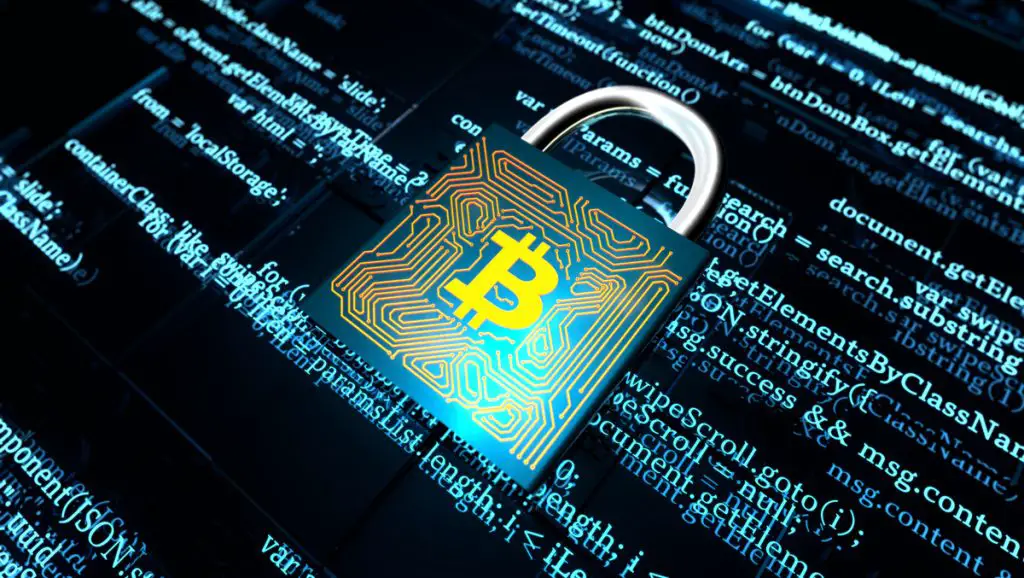Crypto domains, also known as blockchain domains, have emerged as a popular alternative to traditional domain names. With the growing interest in cryptocurrency and decentralized technology, many people wonder if crypto domains are a safe and reliable option for their online presence. This comprehensive analysis will delve into the safety aspects of crypto domains, examining their advantages and potential risks.
Understanding Crypto Domains
Before assessing the safety of crypto domains, it is essential to understand what they are and how they function. Crypto domains are domain names built on blockchain technology, such as Ethereum, and are not governed by the traditional domain name system (DNS). Instead, they operate as decentralized, user-controlled assets that can be used for various purposes, including website hosting, decentralized applications (dApps), and cryptocurrency payments.
Some popular crypto domain providers include Unstoppable Domains (.crypto, .zil), Ethereum Name Service (ENS, .eth), and Handshake (.hns).
Advantages of Crypto Domains
Decentralization
One of the primary benefits of crypto domains is their decentralized nature. Unlike traditional domains managed by centralized authorities like ICANN, crypto domains are not subject to control or censorship by any single entity. This ensures that domain owners have full control over their domains and can maintain their online presence without the risk of seizure or censorship.
Simplified Cryptocurrency Payments
Crypto domains can also function as human-readable wallet addresses, allowing users to send and receive cryptocurrency payments more easily. Instead of using long, complicated wallet addresses, users can send funds to a simple domain like “yourname.crypto.” This can reduce the risk of errors in transactions and make it easier for people to adopt and use cryptocurrencies.
Resistance to Cyberattacks
Traditional domain names are vulnerable to various cyberattacks, such as domain hijacking or DNS spoofing. Crypto domains, on the other hand, benefit from the security features of blockchain technology, making it more challenging for hackers to compromise or hijack them.
Potential Risks and Concerns
Despite their advantages, crypto domains also come with potential risks and concerns that users should be aware of before adopting them.
Limited Browser Support
Currently, most web browsers do not natively support crypto domains, meaning users must install browser extensions or use specific browsers to access websites hosted on these domains. This can limit the reach and accessibility of a website built on a crypto domain.
Lack of Regulation and Oversight
While decentralization is a significant advantage, the lack of regulation and oversight in the crypto domain space can also lead to potential risks. For example, disputes over domain ownership or intellectual property rights may be challenging to resolve without a centralized authority to enforce rules and regulations.
Reliance on Smart Contracts
Crypto domains rely on smart contracts, which are self-executing contracts with the terms of the agreement directly written into code. While smart contracts offer numerous benefits, they can also be vulnerable to bugs and security flaws. If a smart contract governing a crypto domain has vulnerabilities, it could expose the domain to potential attacks or loss of control.
Volatility of Cryptocurrency Markets
The value of crypto domains is often tied to the value of the underlying cryptocurrency or token. This means that the price of a crypto domain can be subject to the same volatility and market fluctuations as cryptocurrencies themselves, which could impact the perceived value or stability of the domain.
Best Practices for Ensuring Crypto Domain Safety
To maximize the safety of crypto domains, users should consider the following best practices:
Research Domain Providers
Before purchasing a crypto domain, thoroughly research the domain providers and their reputation. Ensure they have a solid track record, a secure platform, and a reliable support system.
Secure Your Private Keys
The security of your crypto domain relies heavily on the safekeeping of your private keys. These keys grant you control over your domain and any associated assets. To ensure the safety of your crypto domain:
Store your private keys offline in a secure hardware wallet.
Use strong, unique passwords and enable two-factor authentication (2FA) for your wallet and domain management accounts.
Keep backup copies of your private keys in secure, separate locations.
Regularly Monitor and Update Smart Contracts
Keep a close eye on the smart contracts associated with your crypto domain. Regularly review and update them to address any vulnerabilities, bugs, or security flaws. Engage with the developer community to stay informed about potential issues and solutions.
Be Mindful of Legal and Regulatory Compliance
While crypto domains operate in a decentralized environment, it is still crucial to adhere to any applicable laws and regulations in your jurisdiction.
This may include intellectual property rights, privacy laws, and taxation regulations. Stay informed about the evolving legal landscape to ensure your crypto domain remains compliant.
Conclusion
Crypto domains offer numerous advantages, such as decentralization, simplified cryptocurrency payments, and resistance to cyberattacks. However, they also come with potential risks, including limited browser support, lack of regulation, reliance on smart contracts, and the volatility of cryptocurrency markets. To ensure the safety of your crypto domain, research domain providers, secure your private keys, monitor and update smart contracts, and be mindful of legal and regulatory compliance.
In conclusion, while crypto domains have their share of potential risks, they can be safe if users take the necessary precautions and follow best practices. As with any emerging technology, the safety of crypto domains will likely improve as the technology evolves and matures.






